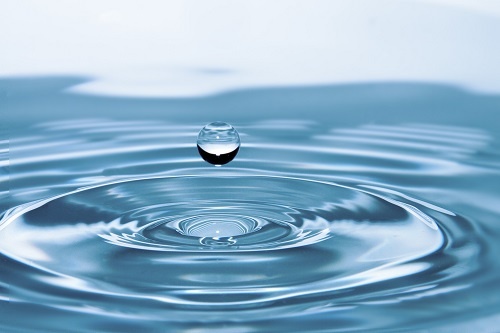
The purity of industrial process water is often vital to the production process. Water contamination can cause unexpected downtime and formidable expense. There are several approaches to industrial water purification. One of them is deionisation.
Deionisation is a complicated process which involves using chemicals to remove a wide range of mineral contaminants. With the assistance of an ion exchange membrane, deionisation attracts mineral impurities from the water, exchanging them for hydrogen ions.
Two different ion exchange resins are added to the water to remove the contaminants. Negatively charged cation resins attract positively charged ions in the water. Meanwhile, positively charged anion resins attract negative ions. As a result, mineral ions are replaced with hydrogen ions, which then turn into additional water.
Deionisation has a rich history, being used since the beginning of the 20th Century. Even though it’s less popular than Reverse Osmosis, it’s still widely applied in different industries.
Sectors which can benefit from using deionised water are:
- Hospitals
- Labs
- Pharmaceutical manufacturing
- Cosmetics
- Chemical processing
- Electronic manufacturing
- Heavy industry
- Power generation
- Food processing
- Fish and reef keeping facilities
So when should you use a water deionisation system?
You Need An Improved Heat Carrying Capacity
Using a water deionisation system in numerous industries is beneficial since deionisation improves the heat carrying capacity of the water. Besides keeping it clean from dangerous contaminants, it can improve the cost-efficiency and speed of the production cycle.
You Are Looking For A Moderately Priced Solution
Using pure water is a necessity for many industries. Purchasing ready-to-use pure water is an expensive way out. Investing in a water deionisation system is a cost-efficient way to take advantage of purified water in the quantities you need, whenever you need it.
These water systems don’t require as many consumable elements as some systems. Meanwhile, they are highly energy efficient. A high-quality water deionisation system has a higher level of water recovery compared to other purification systems.
You Are Interested In Meeting Industry Standards
Many industries, such as food, cosmetics, and pharmaceutical manufacturing, require companies to comply with certain water purification standards. Struggling to do it without a high-quality water deionisation system can lead to downtime, loss of license, botched reputation, and other risks.
Investing in such a system allows you to comply with internationally recognised water standards, such as:
- British Pharmacopoeia
- European Pharmacopoeia
- Japanese Pharmacopoeia
- United States Food and Drug Administration (FDA)
You Are Keen On Reducing Water Wastage
Unlike Reverse Osmosis, water deionisation greatly reduces water wastage, allowing companies to cut costs on water purification while maintaining high quality.
All water purification systems are evaluated based on their water wastage factor since it can make a big difference to ROI.
At Wychwood Water Systems Ltd we provide many different types of water deionisation systems for numerous industries. Our systems can keep your water clean, cut costs and reduce water wastage. For more information about water deionisation systems, please download our free Guide To Deionised Water Treatment Systems.






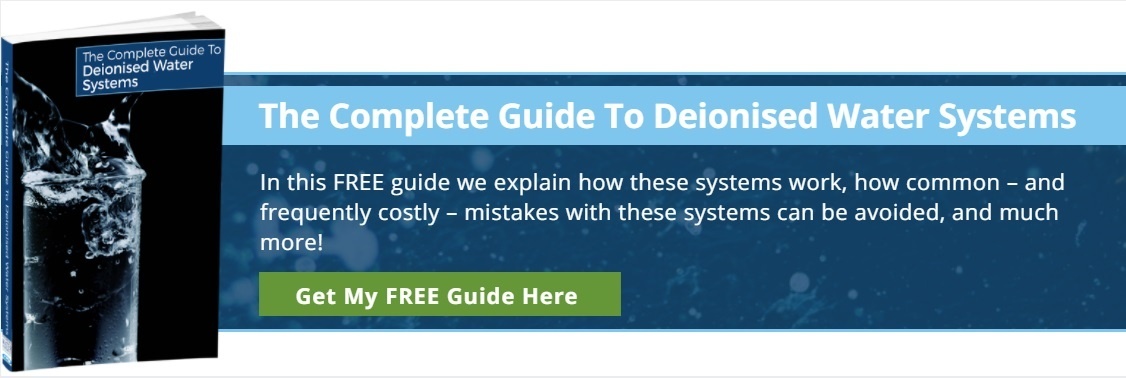
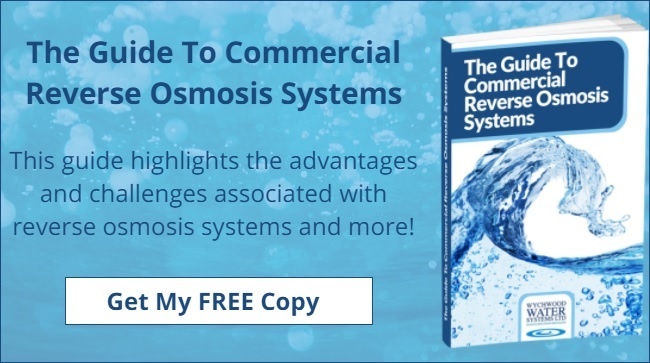
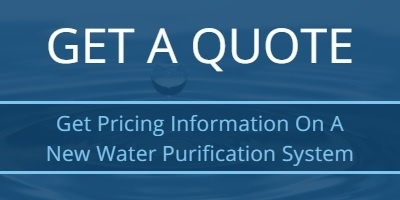
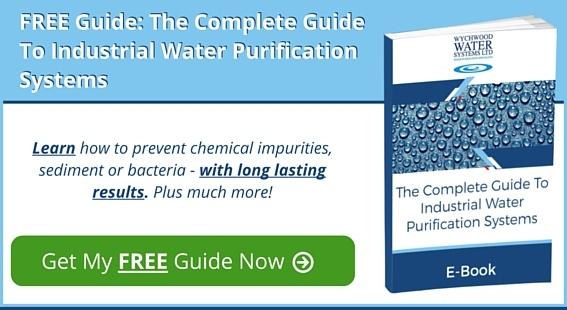
 We are a specialist independent company involved in water purification and water treatment technologies
We are a specialist independent company involved in water purification and water treatment technologies


